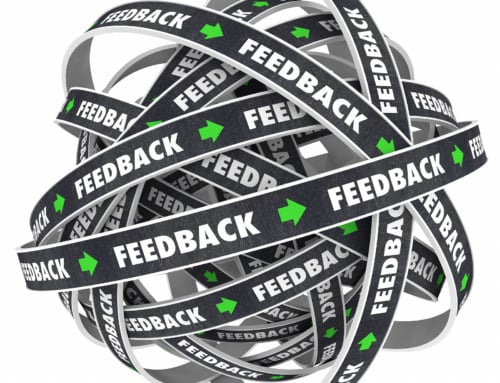To agencies operating in the “Mad Men” era, marketing today would be almost unrecognizable. Agencies used to sell media, giving away all their best ideas — even producing ads for free! — in exchange for media commissions. The end goal of that culture was creating the best creative content, regardless of how much time it took.
That business model would now sink an agency within a month. As computers became commonplace, even non-marketers started to fancy themselves publishers, leaving professionals to wonder what really made them valuable.
Modern marketers must realize that their value doesn’t lie in the commoditized pieces they produce. It lies in their ability to think strategically, understand audiences, create messaging and personas, and help clients gain outside perspective. Billing rates for agency executives have plummeted, but it’s not because they don’t do good work. Rather, it’s because they don’t know how to demonstrate to clients why their services are worth top dollar.
Getting in Position
To charge a premium rate for high-quality services, agencies must position themselves in a way that makes it obvious to clients why their services are so valuable.
Client companies are usually made up of three parts: sales, marketing, and customer service. Agencies that understand the relationship among these three segments and can communicate to clients how they move prospects from marketing into the sales funnel and beyond create a significant advantage for themselves. The more an agency can directly tie its services to the client’s bottom line, the more willing a client will be to pay an appropriate rate.
Understanding these relationships is just the first step, however. Agencies that work directly with sales teams to help clients streamline their funnels and track progress after the sale create another path for themselves to demonstrate bottom-line value. Clients need agencies to ask questions about their processes: How do they follow up? How do they respond to reviews and ratings? How do they respond to complaints?
Agencies also need to help clients understand exactly what services they provide. An agency doesn’t just make marketing materials — it also develops a marketing strategy, creates and standardizes marketing messaging across channels, and generates leads from multiple paths.
All of this starts with defining an audience, something that agencies specialize in but that clients generally struggle to achieve. Knowing who the audience members are, why they should care about the product or service, and how to reach them in relevant ways while keeping them engaged is the primary way agencies can demonstrate their value.
How Agencies Earn a Premium Fee
You can’t just raise your rates and expect clients to happily comply. You’ll need to rethink some of your processes, your team structure, and how you track results. Start by incorporating the following five strategies into your business model:
- Own the data.
In today’s marketing world, data is king. Without it, you will struggle to generate concrete ideas that provide demonstrable value to your clients. Don’t abandon the creative team entirely, but do understand that you need analysts and data professionals to be the driving force behind the scenes. They ultimately make your content successful by putting it in front of the right people.
- Be more than the brand.
A great brand campaign is no longer enough. Agencies are now held accountable for results; to charge a premium, those results have to improve. Get involved with the client to influence the entire process. Don’t drop tons of leads on the client, only to hear that the sales team can’t handle the volume or isn’t following up. Get into the process to help your client’s sales team use your services effectively so the company’s leaders can see the results of your services on their balance sheets.
- Work messier.
Good data fosters smart experimentation. It’s no longer the 1950s, when a client would pay for a 26-week campaign and you could throw your work out there and let it perform its magic. The reality of marketing today is real-time decisions made upon real-time data. You must be able to shift and tweak your strategy based on the information available right now. Your client will be tempted to be either too reactionary or too cautious — your experience and expertise must shine in these moments.
- Get your team ready.
Traditionalists in marketing shy away from the reality of the new interconnected, data-driven industry. If you’re going to be involved in everything from marketing to sales and customer service, your team needs to have a holistic understanding of how your campaigns affect client businesses. Train your team on data and sales funnels to give them a better understanding of the effect their work has on a larger scale.
- Prove your worth.
The agencies that charge a premium and consistently win new business have one thing in common: They can prove their worth. Clients can look at their balance sheets and see that for every dollar they gave the agency, they made three more through new sales and repeat business. Don’t just collect data on prospects for your clients. Collect data on your own agency; when someone asks you to justify your price, you can do so with confidence.
The landscape has changed, but that doesn’t mean you have to become a budget agency to remain competitive. Stand your ground, get more involved in the sales process, and use your expertise to demonstrate to clients why your services are worth what you charge.
This article is written by Drew McLellan and was originally posted on Chief Marketer.





